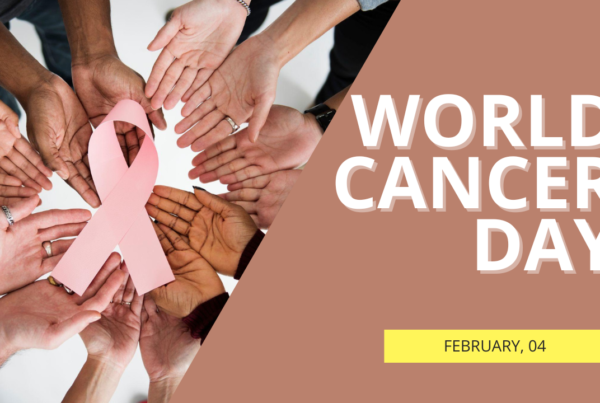World Kidney Day is a global awareness campaign observed annually on the second Thursday of March. Its main goal is to increase public knowledge of the significance of kidney health, kidney disease risk factors, and the value of early identification and prevention. The campaign also highlights how important it is to reduce kidney disease’s global effect and burden.
Renal calculi, another name for kidney stones, are hard deposits of minerals and salts that develop in the urinary system or kidneys. These stones come in a range of sizes, from tiny sand grains to massive golf balls. As kidney stones move through the urinary system, they can be quite painful.
Kidney stones have become more common in recent years, especially in younsters. Here are several explanations on why this could be occurring, along with other elements that contribute to this tendency. To find out, continue reading.
Poor Diet
Kidney stones can arise from poor dietary choices, such as eating a lot of processed foods, sugar, and salt. Consuming too much chocolate, almonds, and spinach—foods high in oxalate—can also be a factor.
Globally, there have been noted changes in eating habits, such as an increase in the use of fast food and processed foods. Increased consumption of sweets, salt, and unhealthy fats is a common component of these dietary modifications, which can put people at risk for kidney stones.
Kidney stone incidence may be increasing as a result of the popularity of diets heavy in oxalate-containing foods, such as the keto diet and some vegan diets. These diets have many health advantages, but they also raise the possibility of kidney stones based on oxalate. Balance and moderation are essential.
Obesity
Kidney stone risk is connected with rising obesity rates. The metabolism of oxalate, calcium, and other materials involved in the production of stones can be affected by obesity. This risk can be decreased by eating well and exercising to maintain a healthy weight.
Lack of physical activity is associated with obesity and can contribute to the development of kidney stones. Regular exercise not only helps in maintaining a healthy weight but also promotes overall kidney health.
Dehydration
Urine that is concentrated due to dehydration can facilitate the crystallisation of minerals and the formation of stones. Kidney stone development can be avoided by promoting enough hydration throughout the day by consuming plenty of water.
Stress
Kidney stones might be more likely as a result of stress-related bad food choices, dehydration, and unhealthy lifestyle choices. Reducing this risk can be achieved by regularly relaxing, engaging in mindfulness practices, and meditation.
Environment
The increase in kidney stone cases might be attributed to pollution and environmental pollutants. Water quality may be impacted by certain chemicals and contaminants, which can result in elevated amounts of minerals like calcium and magnesium, which can aid in the production of stones.




